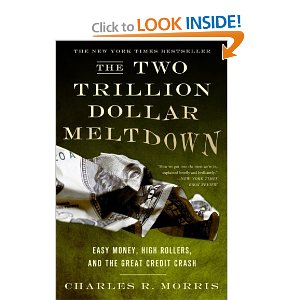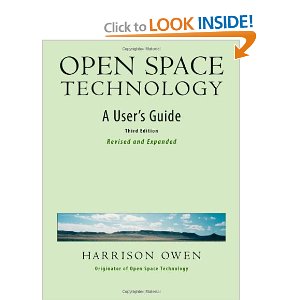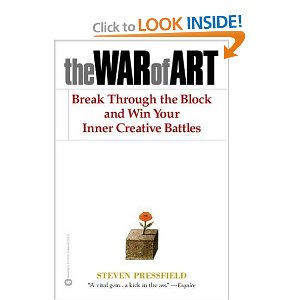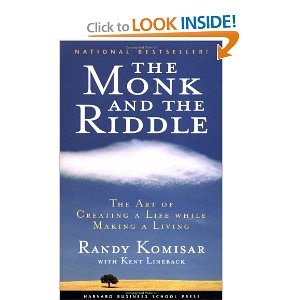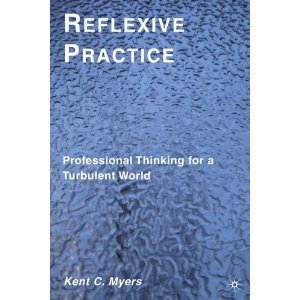
Kent C. Myers et al
![]() Beyond 5 Stars–a Foundation Work
Beyond 5 Stars–a Foundation Work
November 20, 2010
In combination with the other books that I am reading this week, the first by David Perkins, Making Learning Whole: How Seven Principles of Teaching Can Transform Education, the second by Curtis Bonk, The World Is Open: How Web Technology Is Revolutionizing Education, this book I have read in galley form, by Dr. Kent C. Myers [strategist and process historian, a disciple of Russell L. Ackoff] with contributed chapters from a number of other individuals, gives me hope.
This is an extraordinarily diplomatic and measured book, a book that can nudge even the most recalcitrant of know-it-all stake-holders toward the “aha” experience that what they are doing [doing the wrong things righter] is NOT WORKING and maybe, just maybe, they should try Reflexive Practice (or at least begin to hire people that think this way).
This is *the* book that could-should lead to the first-ever Secretary General of Education, Intelligence, & Research, IMHO. THE SMART NATION ACT: Public Intelligence in the Public Interest, done with Congressman Rob Simmons (R-CT-02) was a proponency book. This book by Dr. Myers et al is a praxis book absolutely up there with the other 6 Star and beyond books that I recommend.
For a magnificent companion book, Will Durant's 1916 doctoral thesis, I strongly recommend Philosophy and the Social Problem: The Annotated Edition. The intermediate books would of course be Buckminster Fuller's Critical Path and Russell Ackoff's Redesigning Society (Stanford Business Books).


